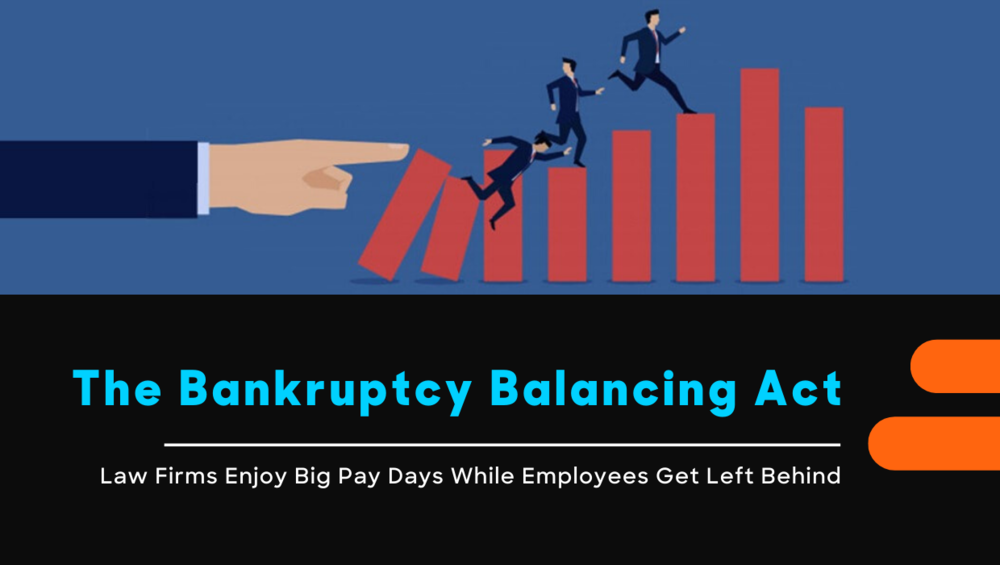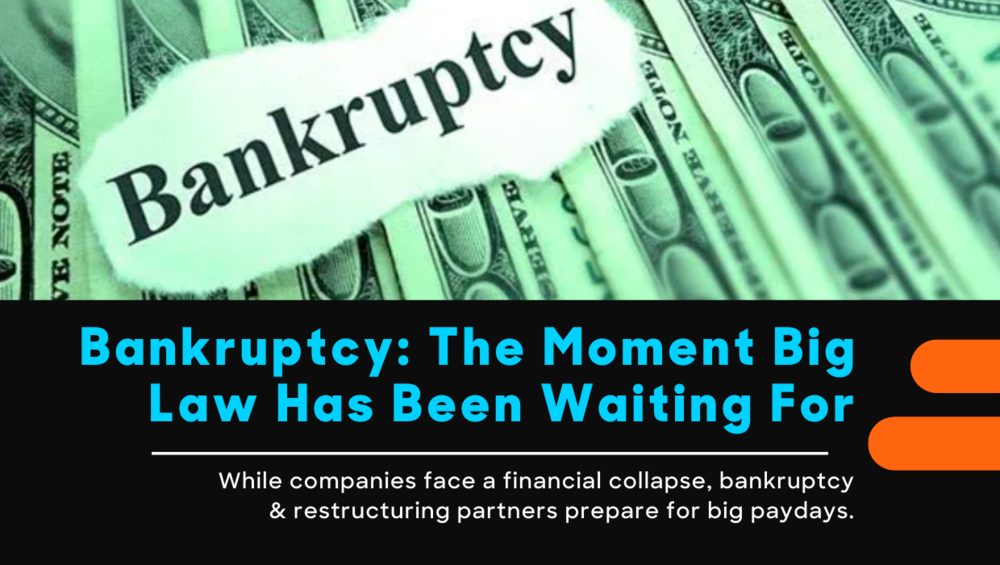
This afternoon, Bodhala participated in Consero’s Legal Operations virtual conference.
Bodhala CEO, Raj Goyle, led legal operations leaders across industries through a series of conversations on how to drive impact within their legal departments amidst COVID, the techniques legal departments are implementing to adjust for the future and save money, and how in-house teams can push their diversity initiatives both internally and externally.
Here are our key takeaways:
Data is driving how law firms are managed.
- With the challenges 2020 has presented, legal operations professionals are looking to utilize data to manage law firm relationships. But it can be challenging to know where to begin, especially if the data is messy. Attendees expressed the need for convincing and compelling data that can initiate conversations on law firm selection, rate cards, bill reviews, number of firms utilized, overall spend, and more. Take a look at our recent whitepaper to understand how our clients’ legal operations teams have leveraged data during COVID.
Finance is closely tracking legal spend.
- As companies continue to grapple with the economic effects of COVID, it’s no surprise that finance departments are examining invoices and legal spend with heightened scrutiny. The pressure to cut costs is on as attendees noted increased interaction with their finance teams, sharing that every nickel and dime going out the door is being tracked and invoices over a specific cost threshold are being questioned. Learn about Bodhala’s suggested techniques for handling law firm payables during COVID.
Diversity standards are being set internally and externally.
- The urgent, overdue conversation on racial injustices in America has led corporate legal departments to not only turn the lens on themselves, but on their law firms as well. Attendees noted their efforts to examine the diversity (or lack thereof) of the lead attorneys at their panel firms, gather data to track the diversity of the timekeepers handling their matters, and collaborate with their Chief Diversity Officers on moving the needle on key initiatives. As law firms are hesitant to comply with requests for diversity data, clients must track origination credit as this is what can truly improve diversity in the legal profession.
Bodhala’s Insights
Whether you’re looking to cut costs, improve your department’s decision-making process, or drive key diversity initiatives – are you armed with the data needed to do so?
Bodhala is reimagining the legal services market place by providing legal market intelligence, insights, and guidance to corporations to optimize their legal operations.
From top timekeepers to average hourly rates, and everything in between, all you need to know about your outside counsel spend and law firm staffing is housed in your data.
Bodhala equips you with the data needed to hire the right lawyer at the right law firm at the right price.
Our platform’s insights have enabled clients to initiate data-driven conversations both internally and externally. With Bodhala, corporate legal departments have the power to justify their objections, negotiations, and decisions as they relate to legal spend, law firm selection, and diversity goals.
Bodhala’s Resources
We’re here to help you find efficiencies in your company’s legal spend – speak with a Bodhala legal expert about legal spend management tactics.











